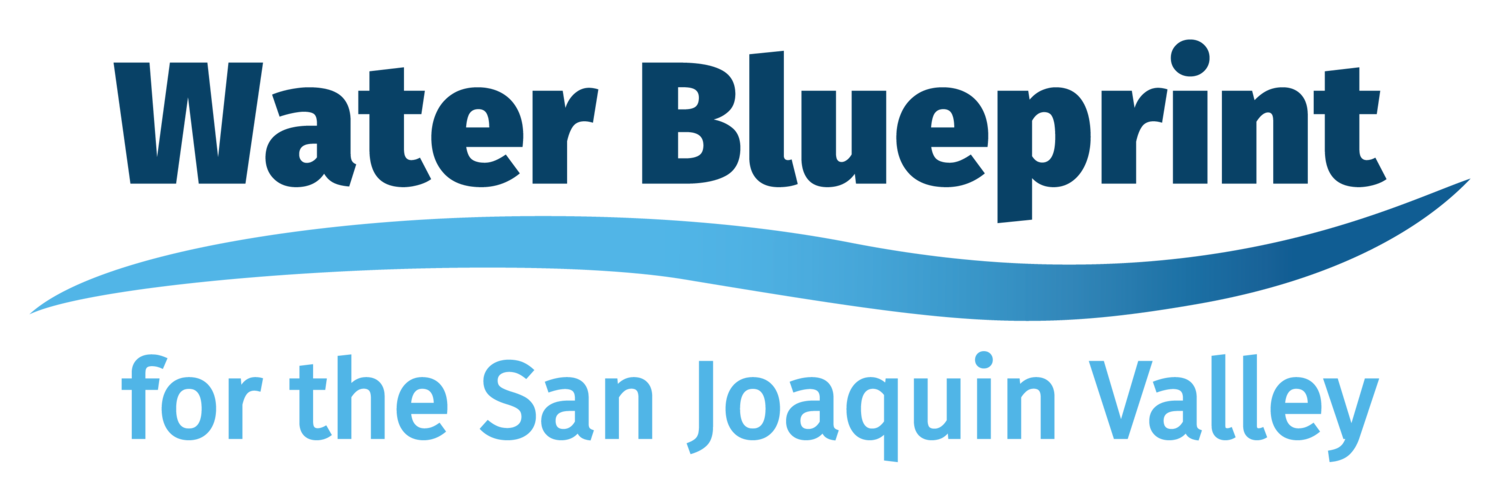As an organization that has helped over 6,300 families build their own homes through sweat equity in the San Joaquin Valley, built over 1,800 rental housing units which we own and operate, and rehabilitated over 6,000 homes, Self-Help Enterprises knows a thing or two about the strong roots that thousands of families have planted here in the San Joaquin Valley. The health of the communities these families live in is in large part dependent on the availability of reliable good quality water. That water not only serves those communities’ drinking water needs, but is also needed for the agricultural economy that employs farmworker families and sustains local business and industry.
Our organization has also helped hundreds of disadvantaged communities and schools in rural areas to address problems with their groundwater wells, related both to contamination and the decline of the water table.
We recognize that competition and controversy are intrinsic to water management in California. We also understand that many regard the Blueprint with deep skepticism. However, as we continuously seek to nurture the roots planted here by so many families and communities, we are prepared to engage with the objective of making the Blueprint work for us all.
As long as the Blueprint is proactively seeking to improve the water interests of all who share this great Valley– including the most vulnerable— we support the concept of that Blueprint. We note that efforts are being introduced to evaluate methods of accessing more water in a manner that minimizes environmental impacts. Efforts are also proposed to move water when it is available in high flow periods to where it is needed for beneficial uses and groundwater recharge.
SGMA has illuminated what we already knew—we’ve got to put more water in the ground to minimize impacts of large-scale land retirement. Aquifer storage has huge potential, and concepts in the Blueprint can help make that happen. It’s the one storage location with almost unlimited capacity to sock away high-flow water that we otherwise just don’t have the space for. Recharge has potential to reduce contamination if properly applied, and can afford us the flexibility to extract high-quality drinking water or convey it for use in lieu of agricultural pumping in vulnerable areas.
To do this right, we all need to bring something to the table. Most rural drinking water providers can’t move water around; generally speaking, they’re stuck with the water beneath their feet. Irrigation districts and water agencies have the means and potential to construct more conveyance to move the water around, but to carry out responsible projects, they need the attention and meaningful engagement of rural communities. And if we must consider sacrifices like using less water and planting less-thirsty crops, we should make those hard choices together, and not at one another’s expense.
We support feasibility studies and projects that will evaluate how best to not only benefit our vital food production (including small farmers and those not currently served by surface water), but disadvantaged communities, those dependent on domestic wells, and the environment as well. We want to be part of the conversation and believe it is crucial that residents of disadvantaged communities be engaged in those conversations.
Let’s set controversy and competition aside and see what we can do if we show up with open minds and a spirit of interdependence.
Paul Boyer
Program Director – Community Development, Self-Help Enterprises
—Self-Help Enterprises is a private non-profit housing and community development organization serving the San Joaquin Valley since 1965. Our mission is to build and sustain healthy homes and communities.

